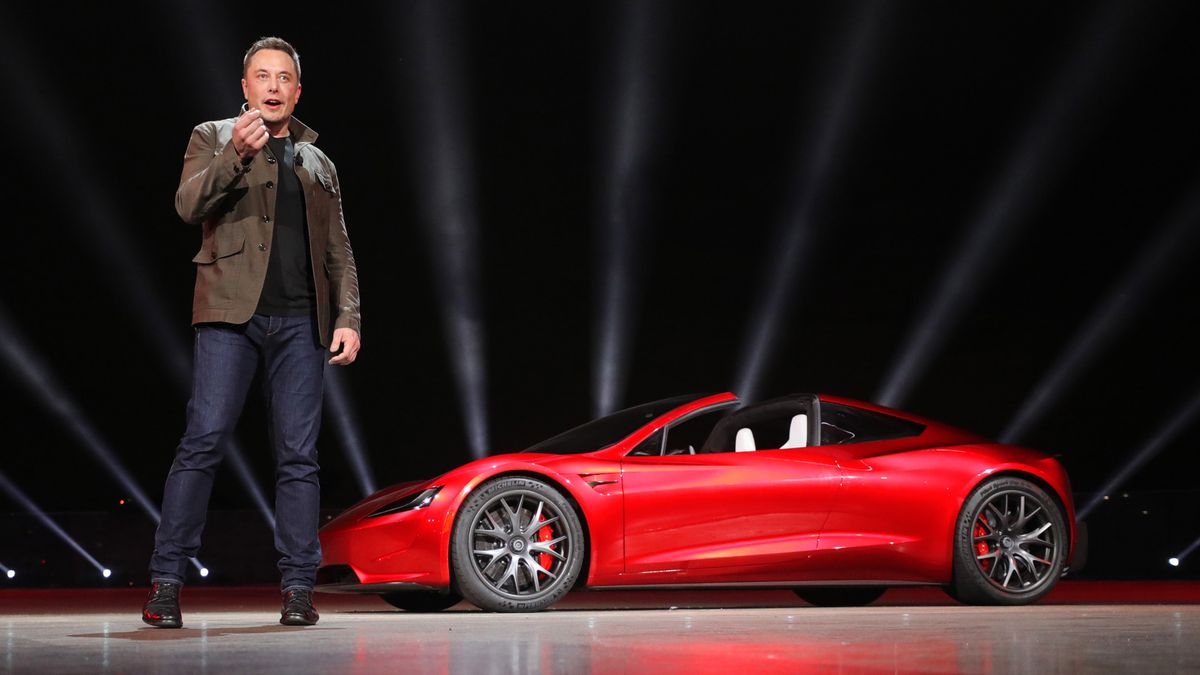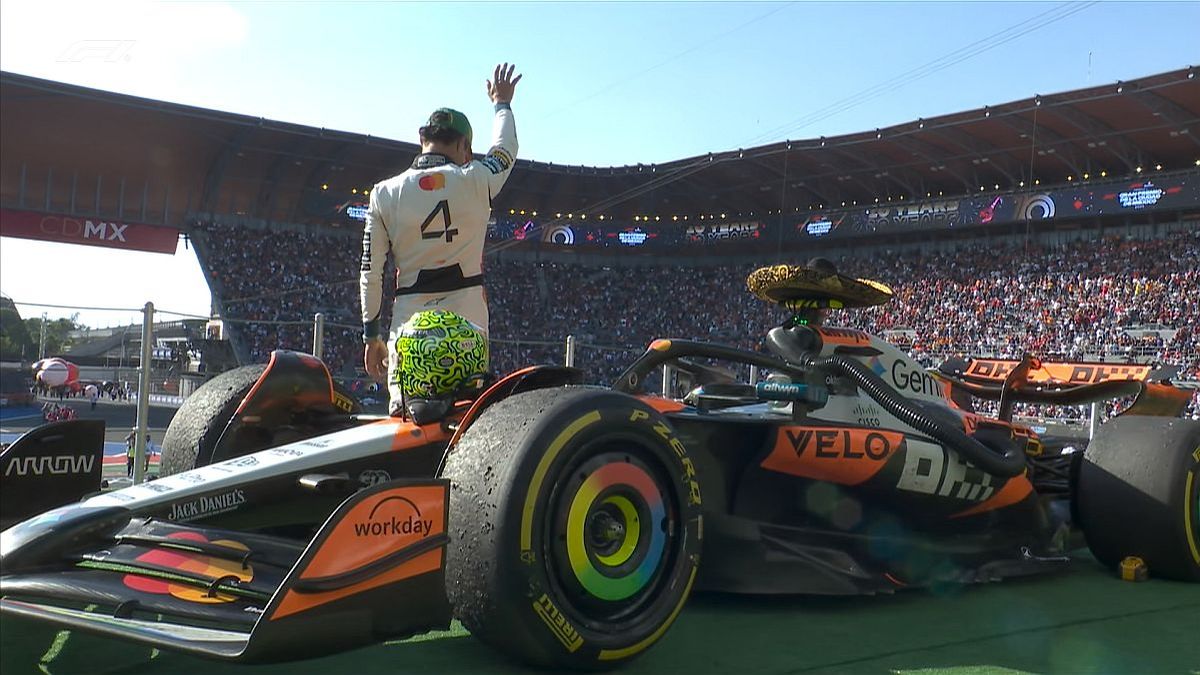The Government included in the omnibus State Reform law a new nod from the president Javier Milei to Elon Musk, the billionaire who among his companies has tesla, the company that manufactures electric and autonomous cars. The project authorizes its circulation in Argentina.
Already in the DNU released last week, Milei authorized the entry into the satellite internet market of Starlink, a company that also belongs to the South African company.
It should be remembered that Milei spoke with Elon Musk after his victory in the runoff, and that the businessman had expressed himself on the social network X – also owned by him – in support of the libertarian’s government plan. She also promised him to visit Argentina in the near future.
What does the omnibus law say about autonomous vehicles?
The project incorporates as article 20 bis of Law 24,449 (Transit Law) the “driving by autonomous systems for self-driving vehicles, whether private, passenger or cargo.”
It defines a self-driving vehicle as anyone “that has a driving system that does not require human intervention.”
Likewise, it incorporates as article 20 ter of the aforementioned law that self-driving vehicles must have software authorized by the National Executive Branch.
The authorization of said software, according to the project, “will be granted if an accident rate lower than the average accident rate corresponding to human driving is reliably demonstrated.”
Meanwhile, article 634 of the Project incorporates as article 49 bis of Law 24,449 that “on all routes in the country, tolls must be in the form of intelligent tolls that do not hinder vehicular traffic.”
It adds that the Executive Branch “will determine the deadlines for the entry into force of this article” and that “this article must be implemented before December 31, 2025.”
Regarding the presentation of documents by drivers, “the driver’s license in physical or digital format, and other required documentation must be presented, all of which can also be presented in physical or digital format, and which must be returned immediately “verified, and cannot be retained except in cases contemplated by law.”
Regarding freight transportation, the Project replaces article 56 of Law 24,449 with the following: “Freight transportation is free in the Argentine Republic with no other requirement that the vehicle meets the requirements of this law.”
Likewise, it provides that the owners of freight vehicles dedicated to the transportation service, whether individuals or companies, drivers or not, must:
a) Be registered in the corresponding cargo transport registry;
b) Register on their vehicles their identification and address, tare weight, maximum towing weight (MPA) and their type, with regulatory exceptions;
c) Provide their drivers with the pertinent consignment note in the types of trip and form established by the regulations;
d) Provide the pertinent accreditation card to man any of its units, in the regulated cases and manner;
e) Transport exceptional and indivisible cargo in special vehicles and with the permit granted by the competent road entity provided for in article 57;
f) Transport livestock, liquids and bulk cargo in vehicles that have the regulatory compartmentation;
g) Place the standardized containers in adapted vehicles with fastening devices that meet the regulatory safety conditions and the appropriate perimeter signage with retroreflective elements.
h) When transporting dangerous substances: be provided with the regulatory distinctive and safety elements, be driven and manned by personnel with specialized training in the type of cargo they carry and comply as pertinent with the provisions of Law No. 24,051.
Source: Ambito
I’m a recent graduate of the University of Missouri with a degree in journalism. I started working as a news reporter for 24 Hours World about two years ago, and I’ve been writing articles ever since. My main focus is automotive news, but I’ve also written about politics, lifestyle, and entertainment.




